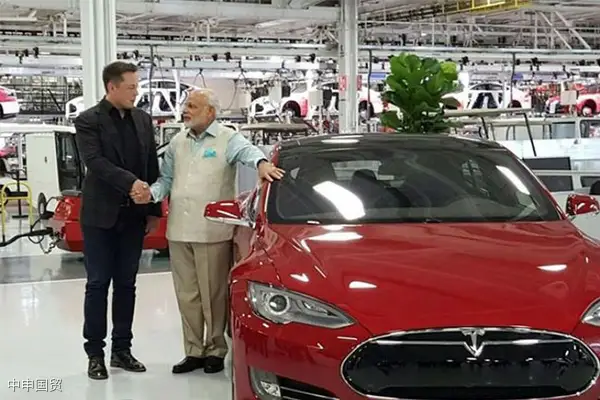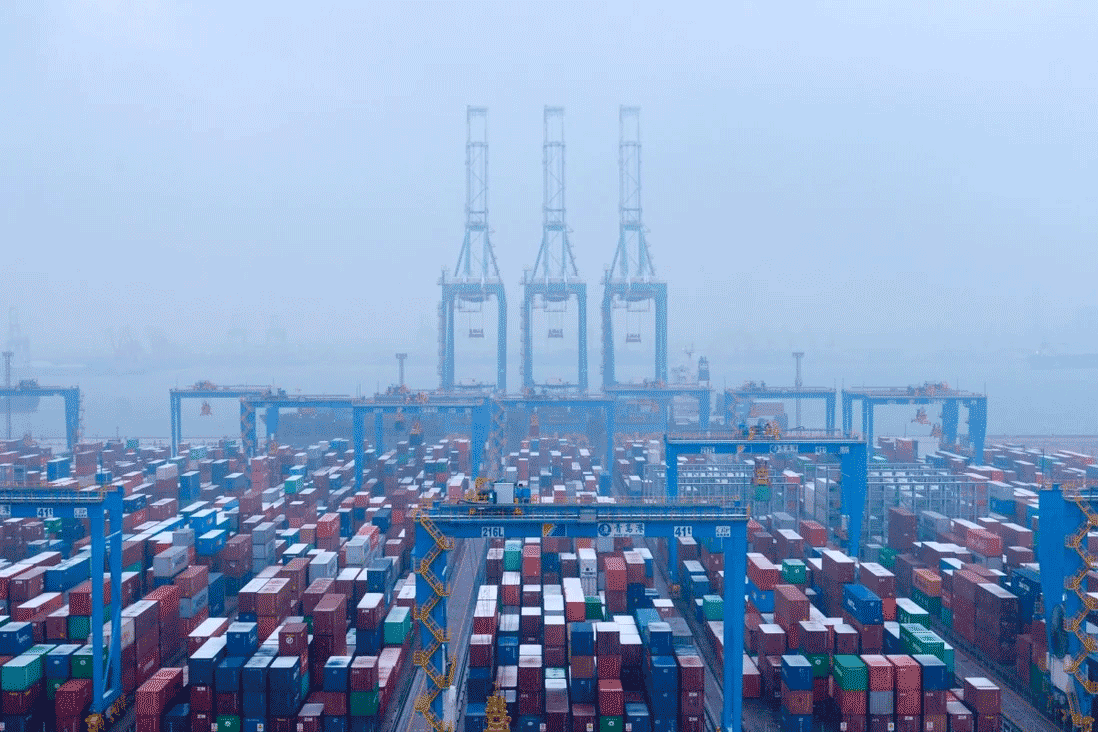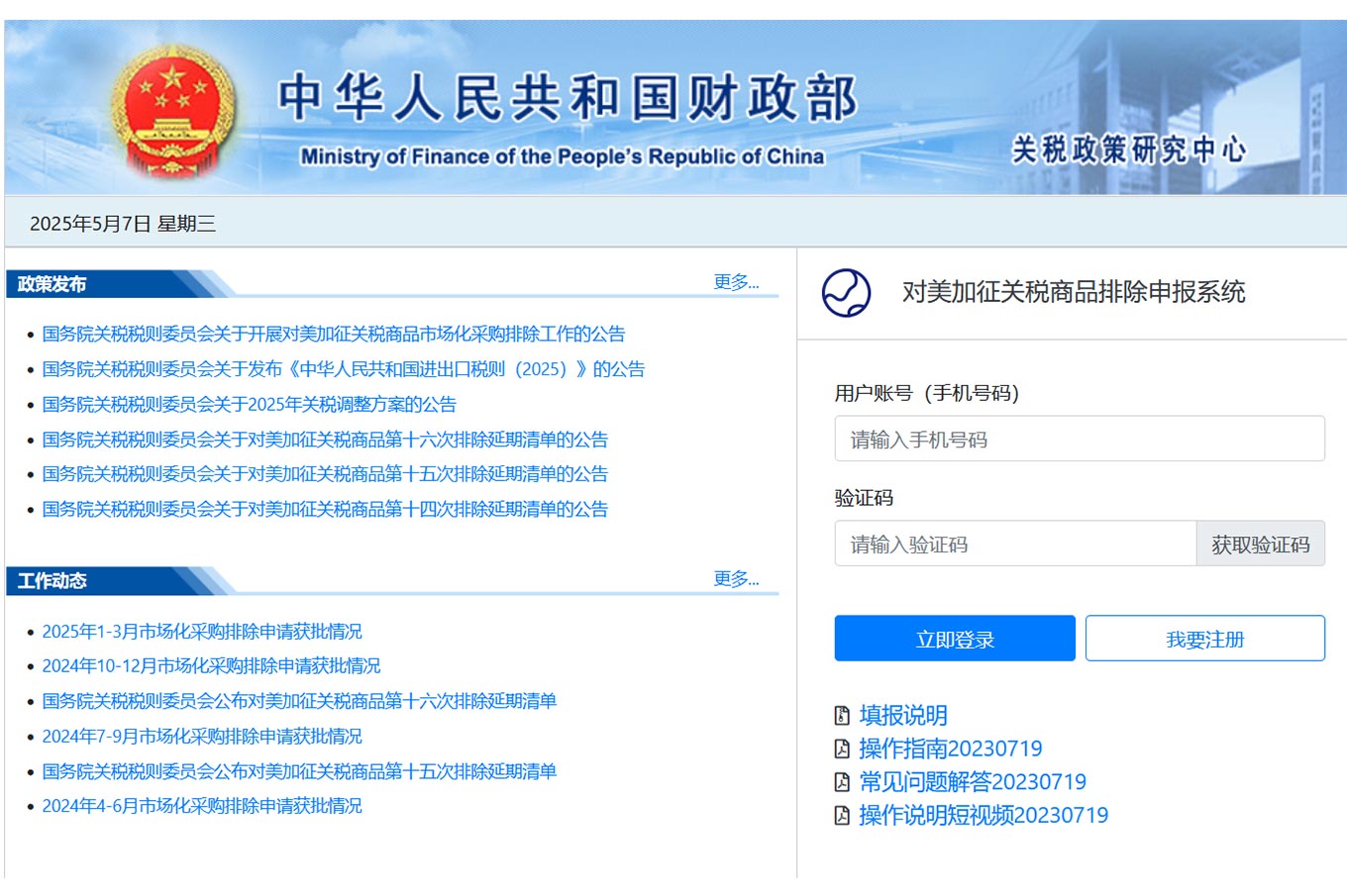- Shanghai Zhongshen International Trade Co., Ltd. - Two decades of trade agency expertise.
- Service Hotline: 139 1787 2118
Tesla CEO Elon Musk is seeking to establish a stronger foothold in the Indian market. According to the UKs Financial Times, Musks company has requested the Indian government to reduce import tariffs on electric vehicles to facilitate easier access to this vast and growing market. This move marks a complex negotiation process between Tesla and the Indian government.

Teslas Tariff Concession Request
Currently, India imposes a 70% import tax on vehicles priced below $40,000 and a 100% tax on those above $40,000. Tesla proposes a uniform reduction to 15% for pure electric vehicles. Indian government officials stated that Tesla needs some transitional tariff concessions, and the government is considering the request but has not yet reached full agreement.
Indian Governments Considerations
The Indian government aims to create a plan beneficial to Indias overall future development rather than a special scheme for any single company. In other words, if tariff policies are relaxed, other companies can enjoy the same benefits but must comply. This indicates that while considering market openness, the Indian government also seeks to protect domestic industries.
Teslas India Market Strategy
Tesla has attempted entering India since 2021 but stalled by high import taxes. India demands local manufacturing first, while Tesla seeks tariff reduction as precondition. Musk even hinted at developing a budget Model 2 specifically for India.
Indias Appeal to Foreign Enterprises
The Indian government is actively promoting policies to attract foreign investment to boost economic growth. India Today reported that Amazon plans to invest $13 billion in India by 2030. Apple has opened its first physical retail stores in India and plans to establish an AirPods production line there. Companies like Cisco, Walmart, and Foxconn are also increasing their investments in the Indian market.
Challenges Faced by Foreign Enterprises
While the Indian market holds great potential, foreign enterprises also face a series of challenges. Regulatory uncertainties, high tariff barriers, cumbersome government procedures, complex land policies, and infrastructure issues are all factors foreign companies must consider when operating in India. Between 2018 and 2022, over 550 foreign enterprises exited the Indian market or became inactive.
Related Recommendations
? 2025. All Rights Reserved. Shanghai ICP No. 2023007705-2  PSB Record: Shanghai No.31011502009912
PSB Record: Shanghai No.31011502009912










